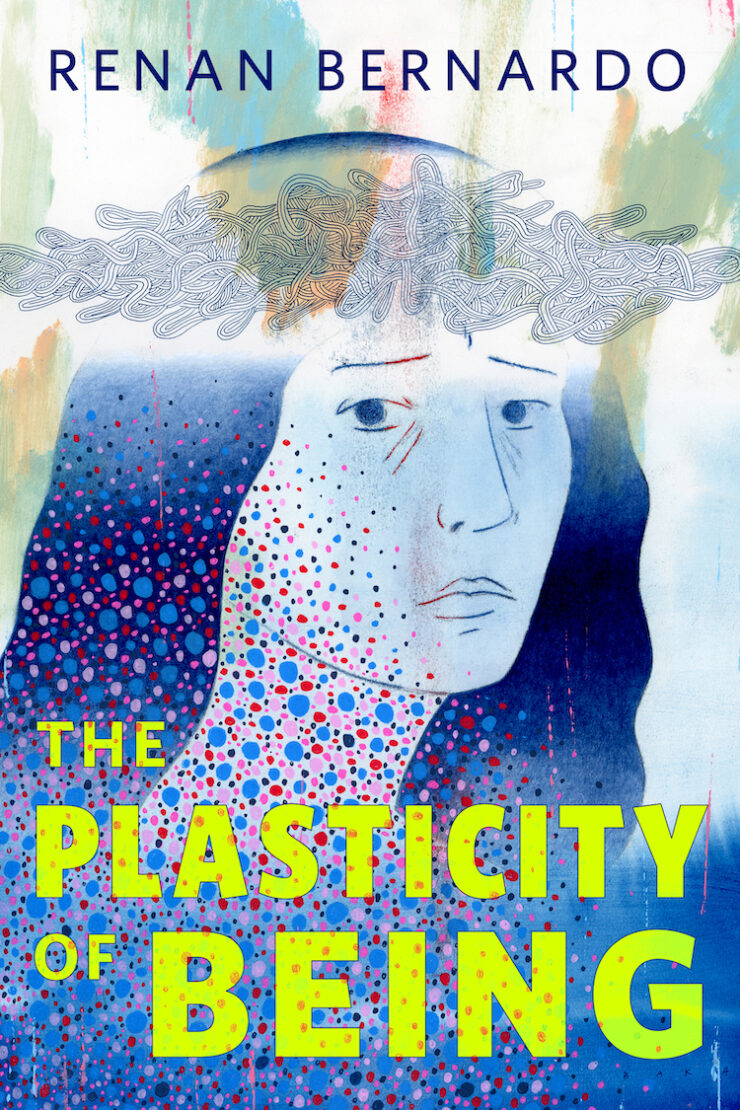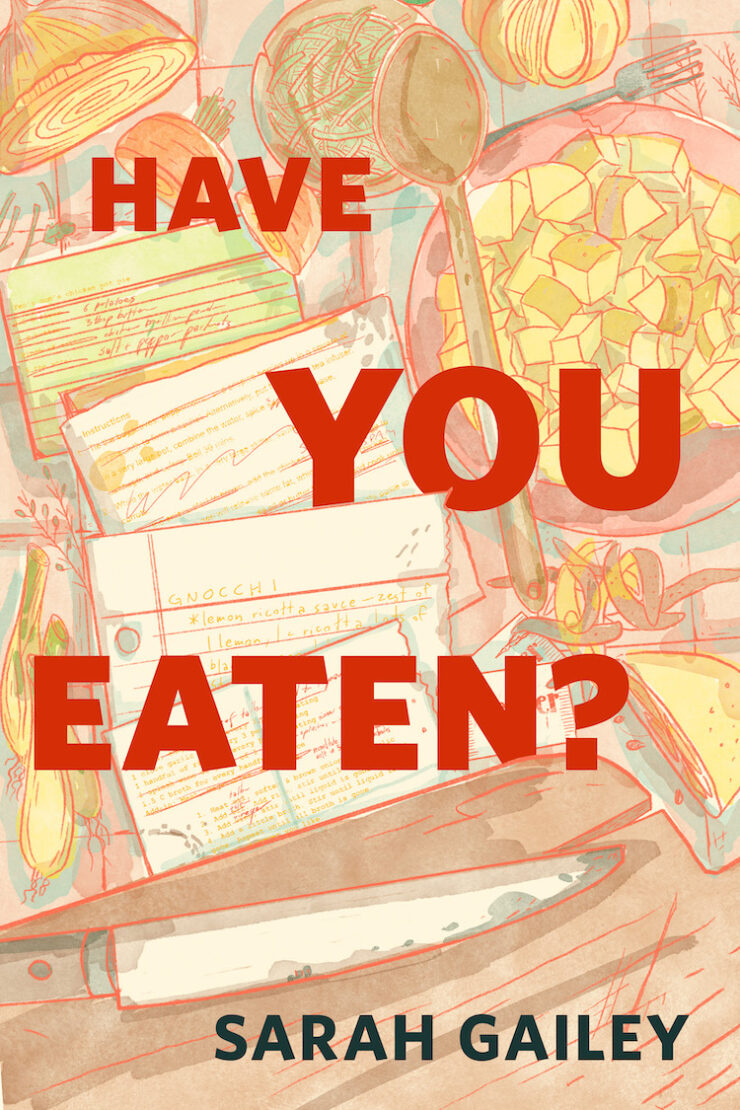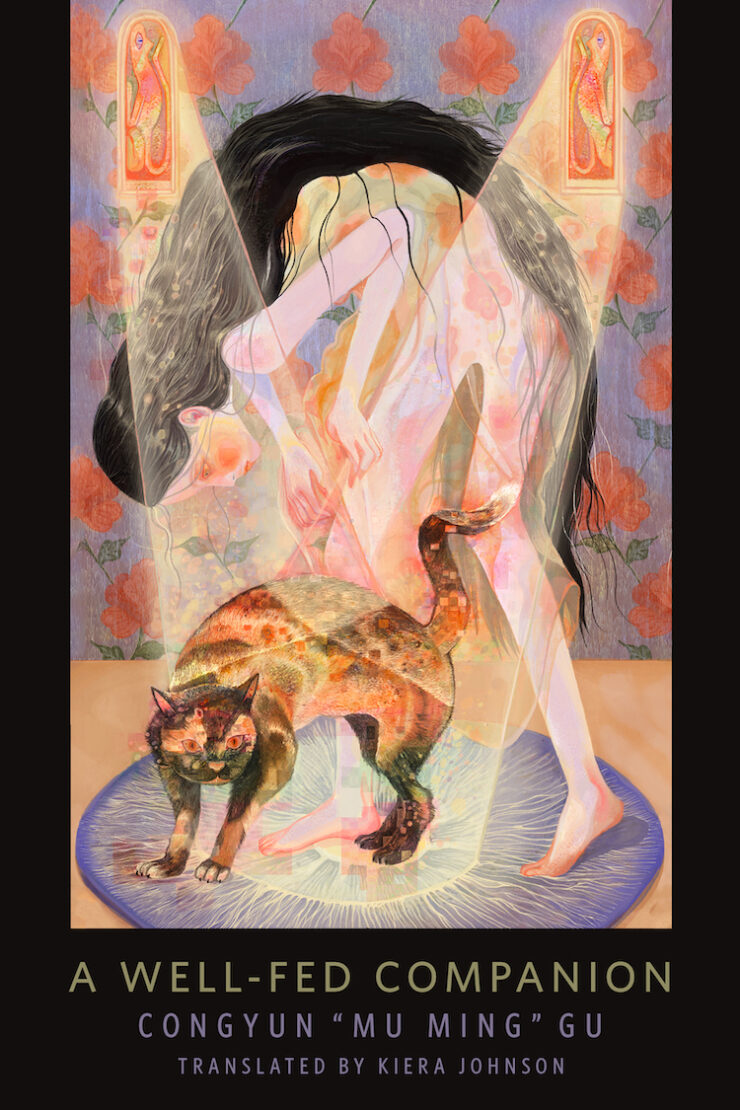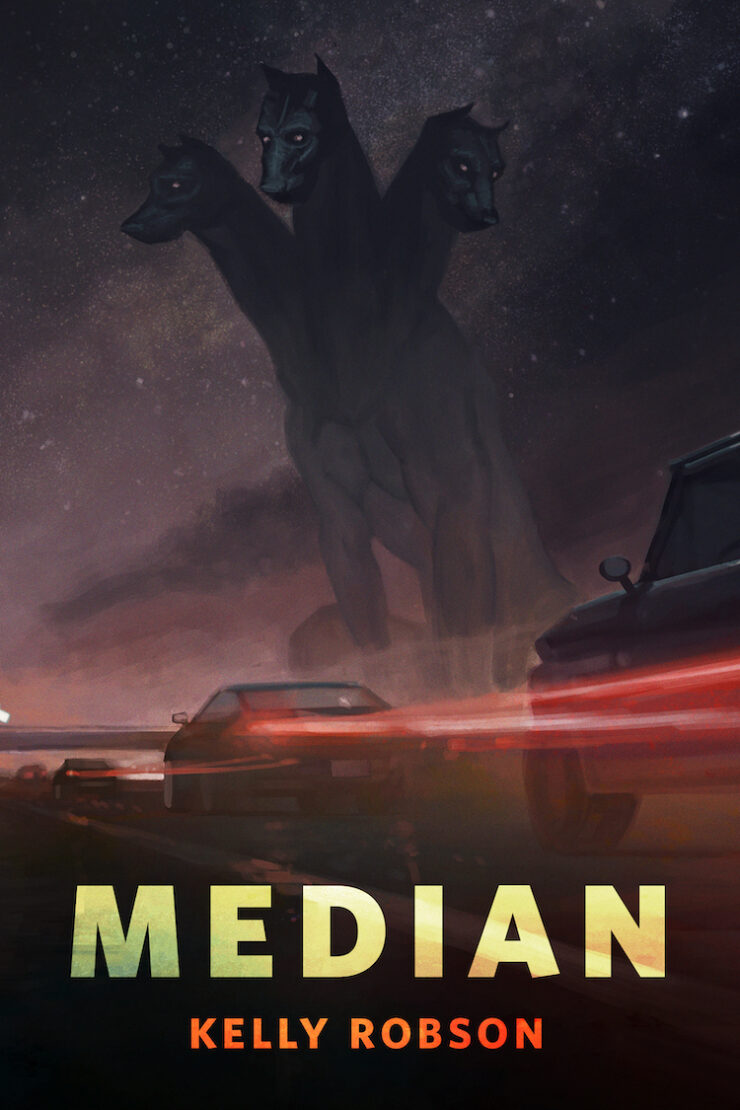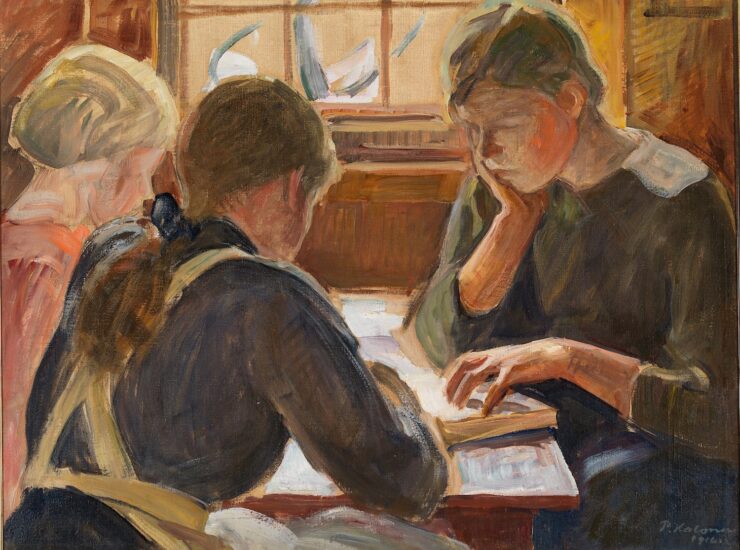The conversation about what we see when we read—or “see” if you like to differentiate “see inside your head” from “see with your eyeballs”—is one I’ve had more times than I can count. I’ve had it at work, in bars, at book groups, with friends; I’ve asked myself this question more than once, trying to pin down exactly what’s vivid and what’s vague, what’s an image and what’s more of a feeling.
But I never thought much about hearing what I read. And then Alex Brown asked a simple question on Twitter, and it brought me up short: “Those of you with internal monologues, how does yours sound?”
Answering Alex’s question, I realized something: In my head, I was hearing everything I typed. Everything I thought about typing. And every book I read.
There are quite a few intense Twitter threads about internal monologues, and they’re fascinating, in large part because it seems like people fall into two categories: Those who assume that everyone else’s brain works roughly like theirs does, and those who assume no one else’s brain works like theirs does. We either think we’re normal or think we’re weirdos, when the truth is that every brain is different.
But whichever way your brain works, it’s hard to imagine the opposite. What’s it like to not have a voice in your head narrating your day, your thoughts, your plans and weird dreams and sarcastic commentary about a bad episode of television? What’s it like not to hear the book you’re reading, as if it’s being narrated by character, a stranger, or a familiar but indistinct version of yourself?
When I was a kid, the last thing my stepfather would say to me some nights was “Goodnight. Don’t think about a big red rubber ball.” The more nefarious version was, “Don’t think about your feet.” (You’re thinking about your feet now, right? I’m sorry.) Thinking about what we hear while we read has had a similar effect: I’m constantly noticing the voice in my head, trying to figure out if it’s my own voice, or being delighted when a character has a distinct voice of their own. If I go for a run and think about writing, I’m suddenly off on a tangent, distracted by how the voice changes if I’m thinking about something instead of reading something.
I have a theory that this mental reader voice developed around when my mom stopped reading aloud to me—that it’s partly the result of my brain combining that experience with my own re-reads of the books she read. But I think it’s also just the way my brain processes things: it wants to see and “hear” at the same time. I’m awful at listening to audiobooks; I can’t concentrate, because there’s nothing to keep that internal monologue busy and distracted. To my great shame, as someone who used to host a lot of author readings, I find it intensely difficult to focus on an author reading their work. The little voice just won’t shut up, the squirrel that is my brain still frantically running when it needs to just sit down and absorb. I used to stealthily lurk in the back corner of readings, playing Candy Crush on my phone, because that little bit of distraction shut up the voice and let me truly listen to what was happening right in front of me.
If pressed, I would say the voice sounds like me but not me, except when it doesn’t. (Is this why some of us are so uncomfortable hearing our voices recorded? Because it sounds different than the voice in our heads?) Nonfiction is what I imagine the author’s voice to be, never my own; it’s like a nice little lecture, just for me. Some characters just assert themselves with their own voices. All the main characters in The Fifth Season, but especially Essun. Breq from Ancillary Justice. Becky Chambers’ Lovelace.
Buy the Book
Never Say You Can’t Survive
If I look over at my bookshelves, it’s a cacophony of voices. And images, too, some more precise than others. I like how Emmet Asher-Perrin describes reading and seeing “the smudges,” a sort of mental Impressionist painting. For me, books are like movies distantly remembered. The scene, the setting, the atmosphere and the figures in it are there, but rarely faces. As Peter Mendelsund wrote in What We See When We Read, “Often, when I ask someone to describe the physical appearance of a key character from their favorite book they will tell me how this character moves through space.” Still, isn’t that seeing? Characters are so much more than just their faces.
(I read Mendelsund’s book in a sort of patient yet slightly patronizing professorial voice.)
All of this, sound and picture, can be overwritten by an effective adaptation. As Mendelsund warns:
One should watch a film adaptation of a favorite book only after considering, very carefully, the fact that the casting of the film may very well become the permanent casting of the book in one’s mind. This is a very real hazard.
I used to know what my Aragorn sounded and looked like, or my Quentin Coldwater. Good casting erases those images like they never existed. The Lord of the Rings is now a mashup of the films with Alan Lee and John Howe illustrations; I can still call any location or scene to mind, but I can’t trust that what I’m seeing or hearing is what I once saw or heard. I read A Game of Thrones between the last two episodes of the first season, and then read the rest of the books before season two; as a result, my mental images are a mashup of actors and my own ideas about what the characters should have looked like.
It’s astonishing how many ways readers can experience what are essentially just marks on a page. What does it feel like if you have synesthesia? Do colors play into it? (Smells tend to have colors for me, but that doesn’t affect my reading much.) Are there people for whom taste comes into reading somehow?
There’s a disconcerting meta layer to all of this: While I’m thinking about the voice in my head that narratives everything I read and write, I’m hearing that voice, of course. There’s no getting around it, no silencing it, no shutting it up. I don’t know how to process the written word without it. What is reading like if you don’t hear the story? What is thinking like without words? How is it possible any of us manage to communicate when our brains do such different things with the information we take in?
Stories used to be oral, tales shared and told between people who were physically in the same space. Maybe hearing what we’re reading is part of a long tradition, somehow. None of us will hear—or imagine—the same thing. But in the end we’ve experienced the same story, filled in with our own details.
What do you hear when you read this?
Molly Templeton lives and writes in Oregon, and spends as much time as possible in the woods.


